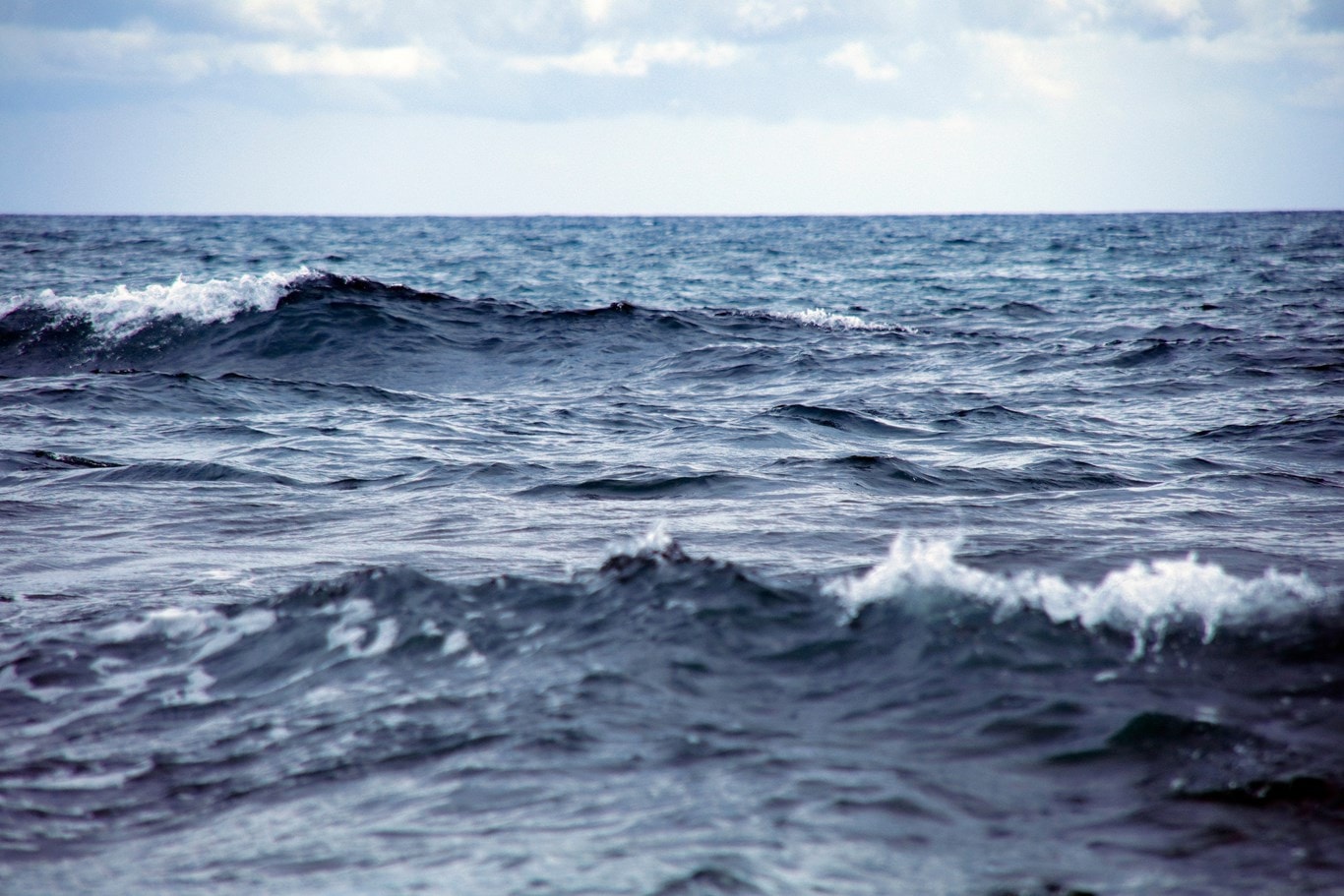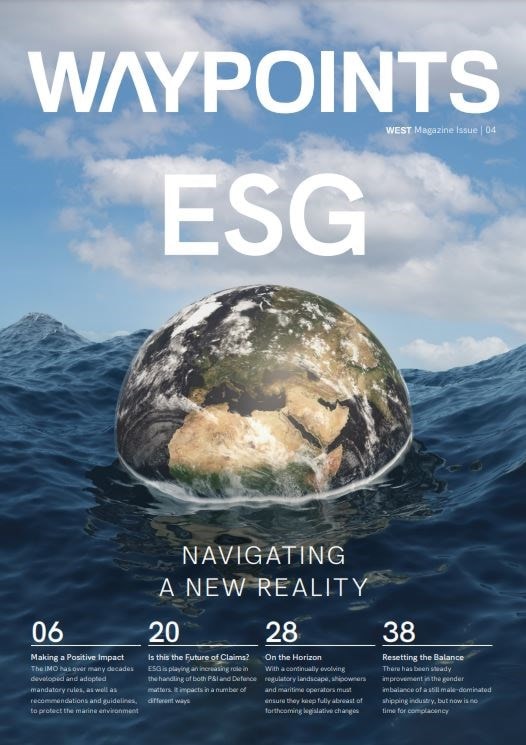On the Horizon - Waypoints Issue 04
With a continually evolving regulatory landscape, shipowners and maritime operators must ensure that they keep an eye on the IMO circulars and other materials to guarantee they keep fully abreast of forthcoming legislative changes. The growing importance of sustainability and protection of the environment is reflected in our noted changes, reports Mark Dunbar.
Cybutryne in antifouling
The compound cybutryne has been banned in antifouling from 1st January 2023. Cybutryne is acutely and chronically toxic for a variety of marine organisms and in some respects it is even more harmful than TBT (Tributyltin)- which was banned worldwide in 1998. Just like TBT, cybutryne can accumulate in sediments, causing long-term effects on the marine environment. Therefore, ships may not apply or re-apply antifouling systems containing cybutryne.
Ships with an antifouling system that contains this substance in the external coating layer of their hulls or external parts or surfaces on 1 January 2023 have the choice to either:
- Remove the antifouling system; or
- Apply a coating that forms a barrier to stop this substance leaching from the underlying non-compliant antifouling system at the next scheduled renewal of the antifouling system after 1 January 2023, but no later than 60 months following the last application to the ship of an antifouling system containing cybutryne.

Baltic sewage
Sewage discharge regulations relating to passenger vessels will be tightened up in the Baltic Sea Special Area from 1 June 2023.
The discharge of sewage will be prohibited from 1 June 2023 for all passenger ships, including those contracted or constructed before 1 June 2019, en-route directly to or from a port located outside the special area and to or from a port located east of longitude 28˚10’ E within the special area, that do not make any other port calls within the special area.
A passenger ship may be exempted from this requirement if an approved sewage treatment plant is in operation, and the effluent shall not produce visible floating solids nor cause discolouration of the surrounding water.
IMSBC update
The primary aim of the International Maritime Solid Bulk Cargoes Code (IMSBC Code), which replaces the Code of Safe Practice for Solid Bulk Cargoes (BC Code), is to facilitate the safe stowage and shipment of solid bulk cargoes by providing information on the dangers associated with the shipment of certain types of solid bulk cargoes and instructions on the procedures to be adopted when the shipment of solid bulk cargoes is contemplated.
IMSBC Code 2022 edition
(incorporating amendment 06-21)
becomes mandatory from 1 December
2023 and may be voluntarily applied in
whole or in part from 1 January 2023;
The headline changes are:
- A revised definition of Group A
cargoes. This is now defined as
cargoes which present a hazard due to
moisture that may result in liquefaction
or dynamic separation if shipped at
a moisture content in excess of their
transportable moisture limit:
In line with this, new definitions are added to the Code:
- “Cargoes which may undergo dynamic separation means cargoes which contain a certain proportion of fine particles and a certain amount of moisture, and may undergo dynamic separation if shipped at a moisture content in excess of their transportable moisture limit.”
- “Dynamic separation means the phenomenon of forming a liquid slurry (water and fine solids) above the solid material, resulting in a free surface effect which may significantly affect the ship’s stability.”
- Existing schedules for Ammonium nitrate based fertilizer (non-hazardous) and Superphosphate (triple, granular) are both deleted in their entirety
New schedules have been added for:
Ammonium nitrate based fertilizer - Group C
Ammonium nitrate-based fertilizer MHB - Group B
Clam shell - Group C
Leach residue containing lead - Group A & B
Superphosphate (triple, granular) - Group B
IMO GHG Strategy
The Marine Environment Protection
Committee (MEPC 79) of the International
Maritime organization (IMO) has made
progress towards revising the Initial IMO
GHG Strategy, working towards adopting a
strengthened revised Strategy in mid-2023
at MEPC 80.
Mark is a Master Mariner with 20 years of seagoing experience. His service has been aboard bulk carriers, OBOs, product tankers, VLCCs, ULCCs, reefers, LPG tankers, chemical tankers, general cargo and ro-ro passenger ferries. Mark joined the Club in 1999 directly from sea and attends to Condition Surveys and other Loss Prevention matters.


